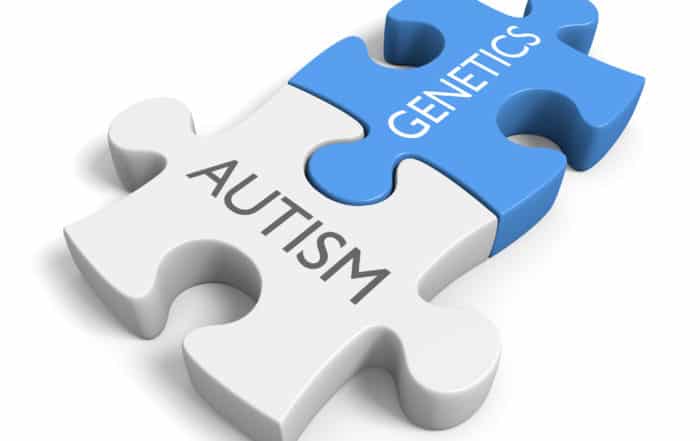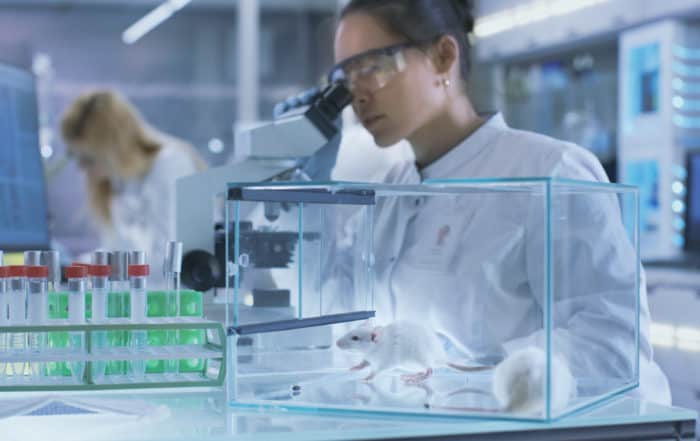Published: 06/3/2013

The Low-Hanging Fruit: Exploring Monogenic Syndromes with Elevated Rates of Autism
Learn research updates on how genes associated with autism are functioning in the brain and how changes in these genes are linked to characteristics of autism and other conditions.
New research points to alterations in BPA excretion pathway in children with autism, ADHD
Children with autism spectrum disorders (ASD) may have a reduced ability to detoxify the chemical bisphenol A (BPA), according to new research. BPA is an industrial “plasticizer” used in plastic water bottles, food
Behavioral and Brain Signatures of Autism in Females
Kaustubh Supekar, Ph.D., examines recent findings about gender/sex differences in autism phenotypes and brain organization. He highlights the underrepresentation of females in autism and underscores the need for a large-scale science approach. The
Setting Priorities for Autism Research
Autism organizations, individuals with autism spectrum disorders (ASD), and parents have differing views on how best to proceed with autism research. However, nearly all of us can agree that the progress that
Possible Fat-Related Biomarker Detected in Very Young Children with Autism
Researchers in Japan report that they have identified a possible biomarker for autism spectrum disorders (ASD) in very young children. Noting that both low birth weight and obesity in infancy are
Editorial: Debating the Role of Genetics in Autism
The history of autism is replete with arguments about its underlying causes and treatments—and frequently over the past 50 years, these arguments have involved genetics. While it is generally accepted that genes






